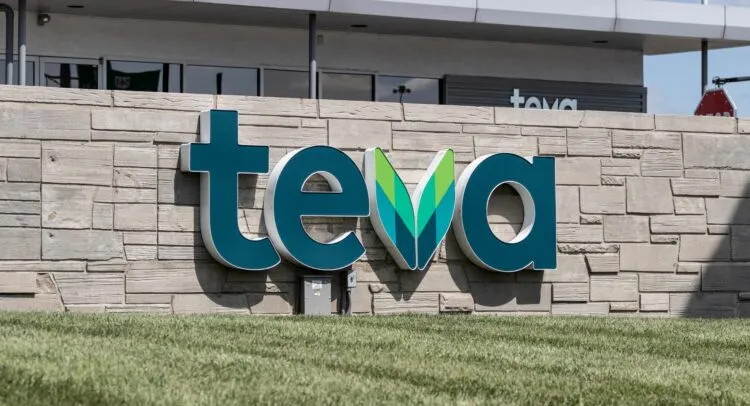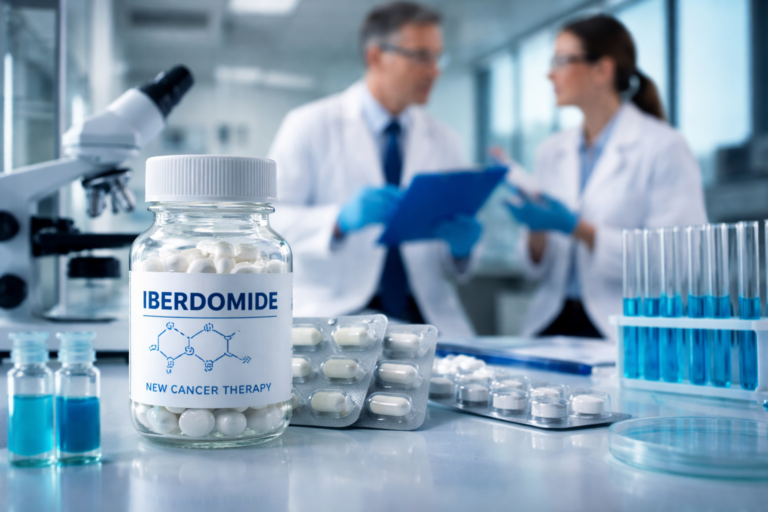
Sanofi and Teva Pharmaceuticals, a US affiliate of Teva Pharmaceutical Industries Ltd., have announced promising results from the RELIEVE UCCD phase 2b study, which met its primary endpoints in patients with ulcerative colitis (UC) and Crohn’s disease (CD). The study evaluated duvakitug, a human IgG1-λ2 monoclonal antibody targeting TL1A, as a treatment for moderate-to-severe inflammatory bowel disease (IBD).
Study Results
In the RELIEVE UCCD study, duvakitug demonstrated significant efficacy in achieving clinical remission in UC and endoscopic response in CD. Among patients with UC, 36.2% (low dose) and 47.8% (high dose) achieved clinical remission compared to 20.45% on placebo. Placebo-adjusted rates were 15.7% (low dose) and 27.4% (high dose) at week 14, with p-values of 0.050 and 0.003, respectively. For patients with CD, 26.1% (low dose) and 47.8% (high dose) achieved endoscopic response compared to 13.0% on placebo. Placebo-adjusted rates were 13.0% (low dose) and 34.8% (high dose) at week 14, with p-values of 0.058 and <0.001, respectively.
The treatment effect was consistent across subgroups, marking this study as the first and only randomized, placebo-controlled trial to evaluate an anti-TL1A monoclonal antibody in CD. Detailed findings are expected to be presented at a scientific forum in 2025, shedding more light on the potential of duvakitug.
Safety Profile
Duvakitug was generally well tolerated in both UC and CD patient populations. No safety signals were identified, and the overall rates of treatment-emergent adverse events (AEs) were comparable between duvakitug and placebo (50% vs 50%). All reported AEs across both conditions were below 5%, further supporting the favorable safety profile of the treatment.
Expert Insights
Dr. Houman Ashrafian, Executive Vice President and Head of Research & Development at Sanofi, shared his optimism about the findings. “These unprecedented results show that duvakitug could represent the next frontier in treating ulcerative colitis and Crohn’s disease. If the magnitude of effect persists in the phase 3 program, we believe we will have a differentiated medicine for IBD patients who are in urgent need of new options,” he stated. “The duvakitug program and this partnership underscore Sanofi’s strategy of following the science to identify and rapidly advance breakthrough medicines for patients.”
Similarly, Dr. Eric Hughes, Head of Global Research & Development and Chief Medical Officer at Teva, highlighted the study’s success. “The results from the RELIEVE UCCD study have exceeded our expectations, and I am deeply moved by the potential of duvakitug to help treat and meaningfully improve the quality of life of people living with IBD,” said Dr. Hughes. “These positive results reinforce Teva’s ability to develop and accelerate access to innovative medicines. We are excited to collaborate on the next phase of development with our partner, Sanofi, and we would like to thank the investigators and patients who participated in this study.”
Next Steps
Sanofi and Teva are committed to advancing the development of duvakitug. The companies plan to initiate phase 3 clinical trials to further evaluate its efficacy and safety. If successful, duvakitug could offer a groundbreaking treatment option for IBD patients, particularly those with moderate-to-severe UC and CD who have limited options.
Duvakitug is currently under clinical investigation, and its efficacy and safety have not been evaluated by any regulatory authority. However, the RELIEVE UCCD results suggest that this monoclonal antibody may significantly impact the management of IBD, addressing an urgent need for more effective therapies.
The Promise of Anti-TL1A Therapy
IBD, encompassing UC and CD, is a chronic condition that affects millions of individuals worldwide. Current treatment options are limited, and many patients fail to achieve sustained remission, leaving a significant unmet need for innovative therapies. TL1A, a cytokine involved in inflammation and fibrosis, is a promising target for addressing IBD’s underlying pathophysiology. Duvakitug’s mechanism of action as an anti-TL1A monoclonal antibody positions it as a potential game-changer in the field.





